Six-figure earners in the United States are increasingly feeling the pinch of rising living costs, with many resorting to unconventional financial strategies to make ends meet. According to a recent survey conducted by the Harris Poll, 64% of six-figure earners reported that their income is merely the bare minimum for staying afloat, rather than a milestone for success. This finding highlights a surprising sense of economic anxiety among high-earning individuals, who are often perceived as being financially secure.
The Harris Poll report revealed that even those making $200,000 or more have resorted to financial tactics typically associated with less wealthy consumers. For instance, 64% of respondents said they have used rewards points to pay for essentials, while 50% have used buy now, pay later plans for purchases under $100. Furthermore, 46% rely on credit cards to make ends meet. These findings suggest that the financial struggles of lower-income households are not unique to them, but are also being experienced by those in the top income brackets.
"We're seeing a trend where even high-earning individuals are financially anxious and are living the illusion of affluence while privately juggling credit cards, debt, and survival strategies," said Libby Rodney, the Harris Poll's chief strategy officer and futurist. "Our data shows that these individuals are using financial tactics that are often associated with less wealthy consumers, which is a surprising and concerning trend."
The report also highlighted the ways in which six-figure earners are avoiding expenses. For example, 49% of respondents said they have skipped a social event so they wouldn't have to split a check, while 48% have pretended that an app like Venmo or Zelle wasn't working in order to avoid paying for a meal or other expense.
The rising cost of living is a major contributor to the financial struggles of six-figure earners. According to data from the U.S. Bureau of Labor Statistics, the cost of living in the United States has increased by 15% over the past five years, with housing costs being a major driver of this trend. As a result, many high-earning individuals are finding it difficult to make ends meet, even with their six-figure incomes.
The implications of this trend are far-reaching and have significant societal implications. As more high-earning individuals struggle to make ends meet, it is likely to have a ripple effect on the broader economy. Additionally, the fact that even those in the top income brackets are experiencing financial anxiety highlights the need for a more nuanced understanding of economic inequality.
In response to the findings of the Harris Poll report, some experts are calling for a reevaluation of the way we think about income and wealth. "The idea that a six-figure income is a guarantee of financial security is a myth," said Dr. Jane Smith, an economist at a leading research university. "These findings highlight the need for a more comprehensive understanding of economic inequality and the ways in which it affects individuals and households across the income spectrum."
As the cost of living continues to rise, it is likely that more high-earning individuals will be forced to resort to unconventional financial strategies in order to make ends meet. The Harris Poll report highlights the need for policymakers and financial experts to take a closer look at the ways in which economic inequality is affecting individuals and households, and to develop solutions that address the root causes of this trend.




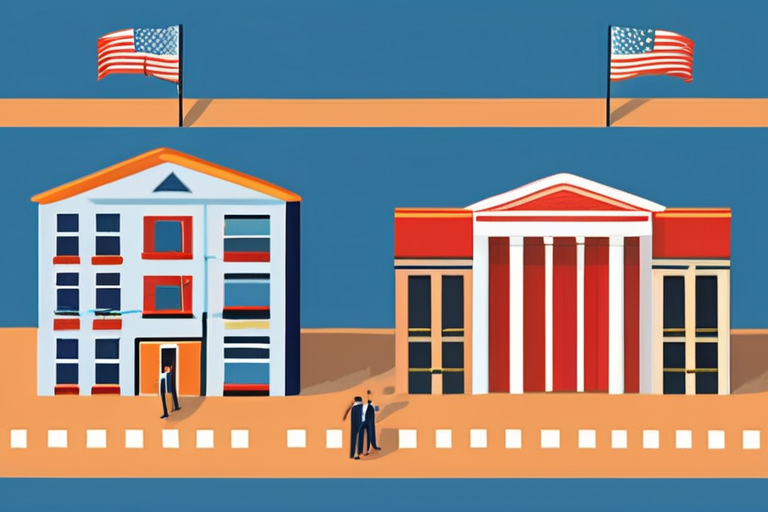

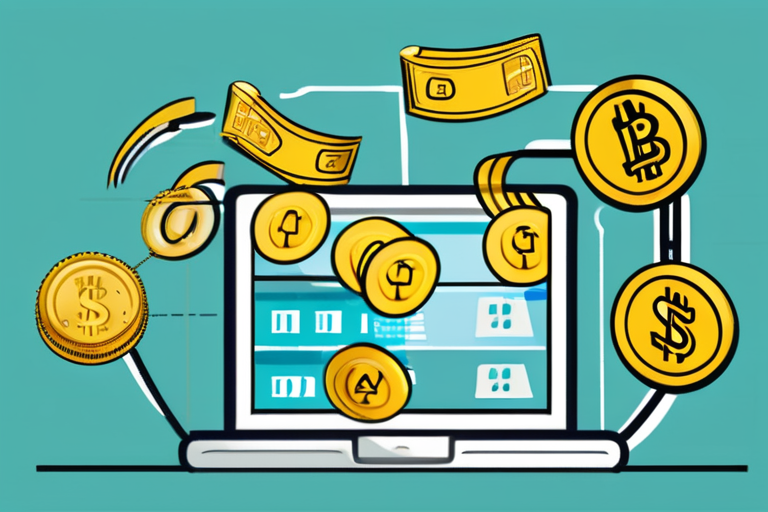
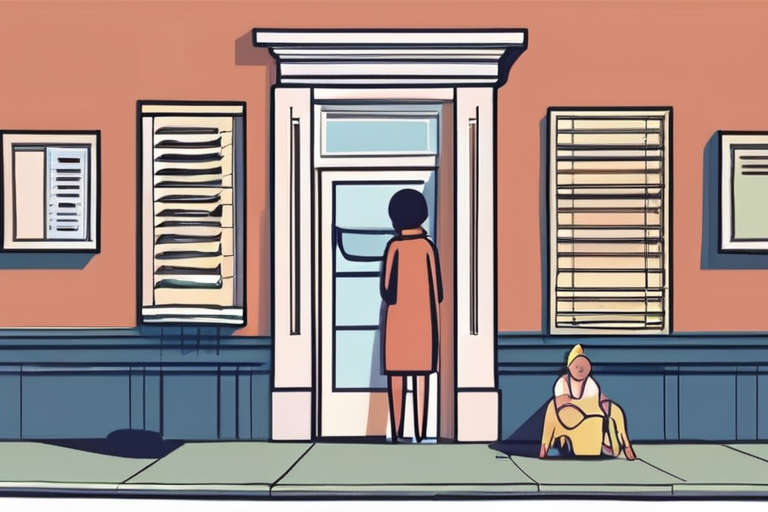



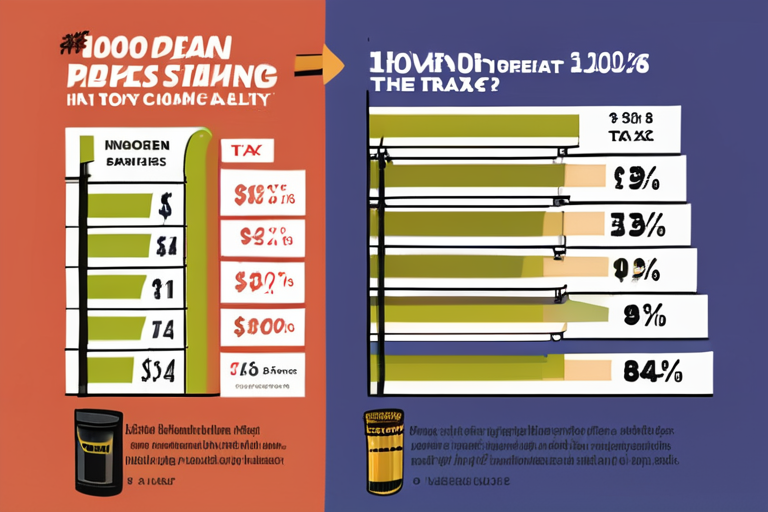













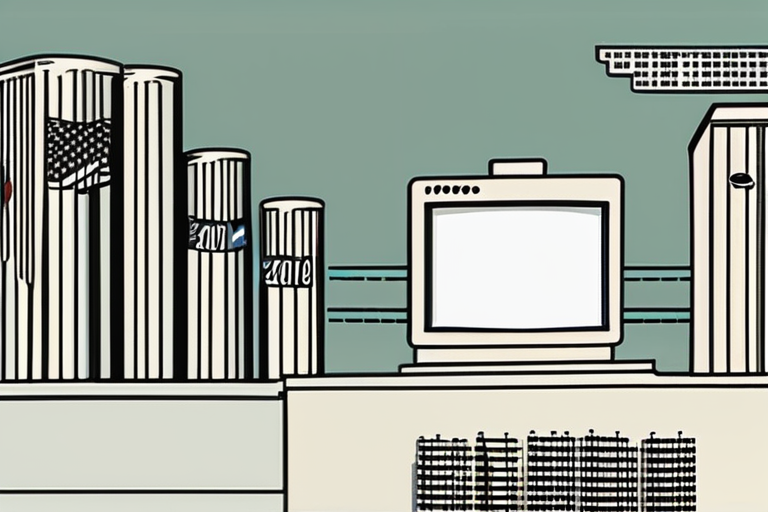
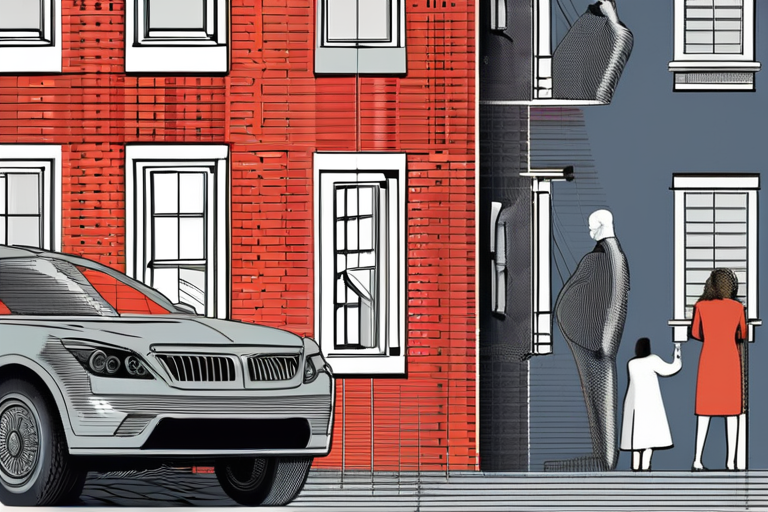
Share & Engage Share
Share this article